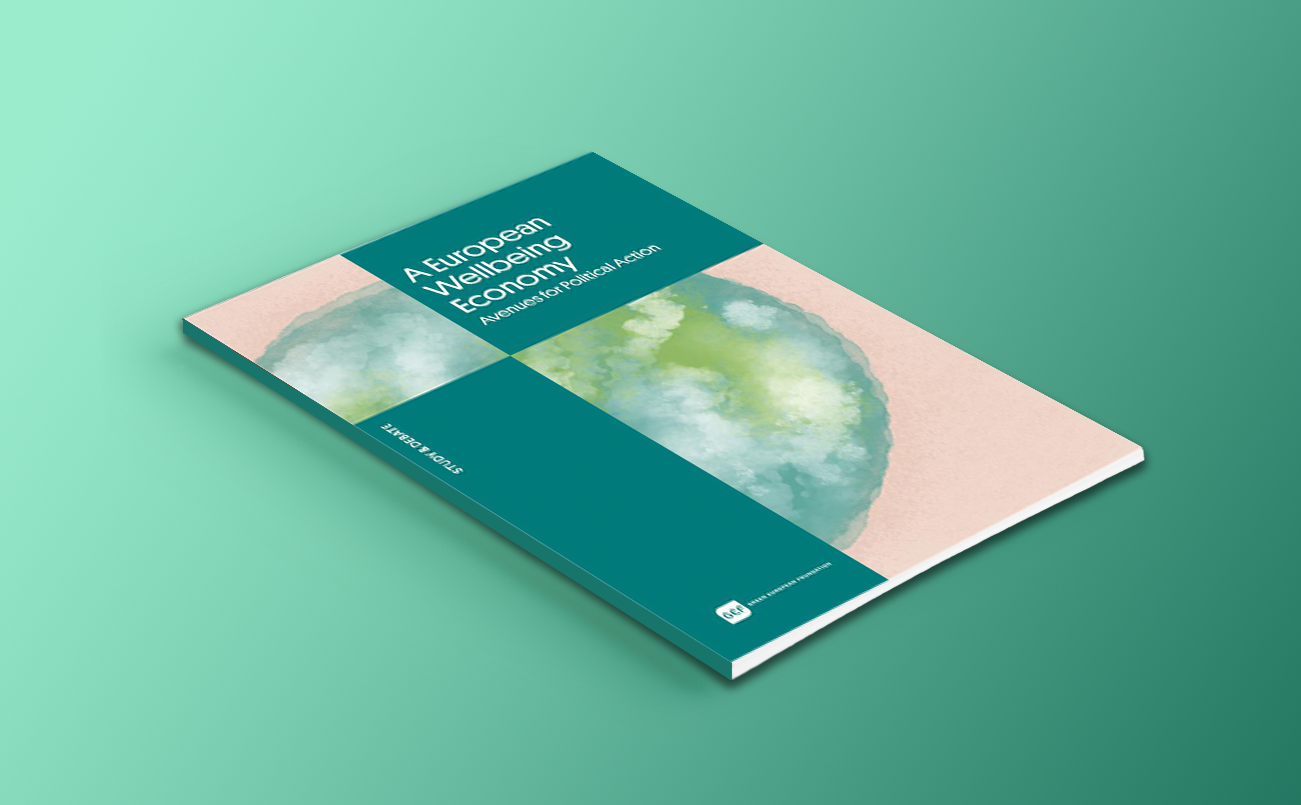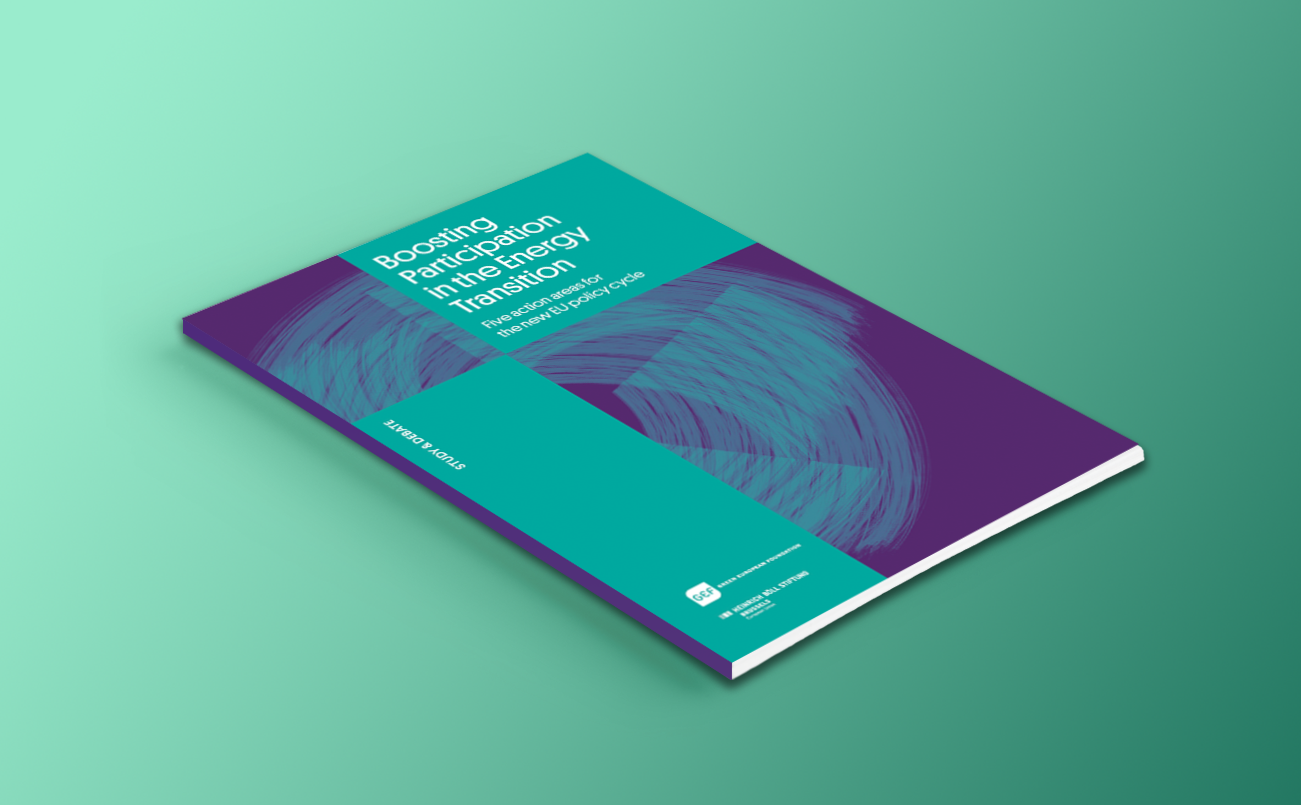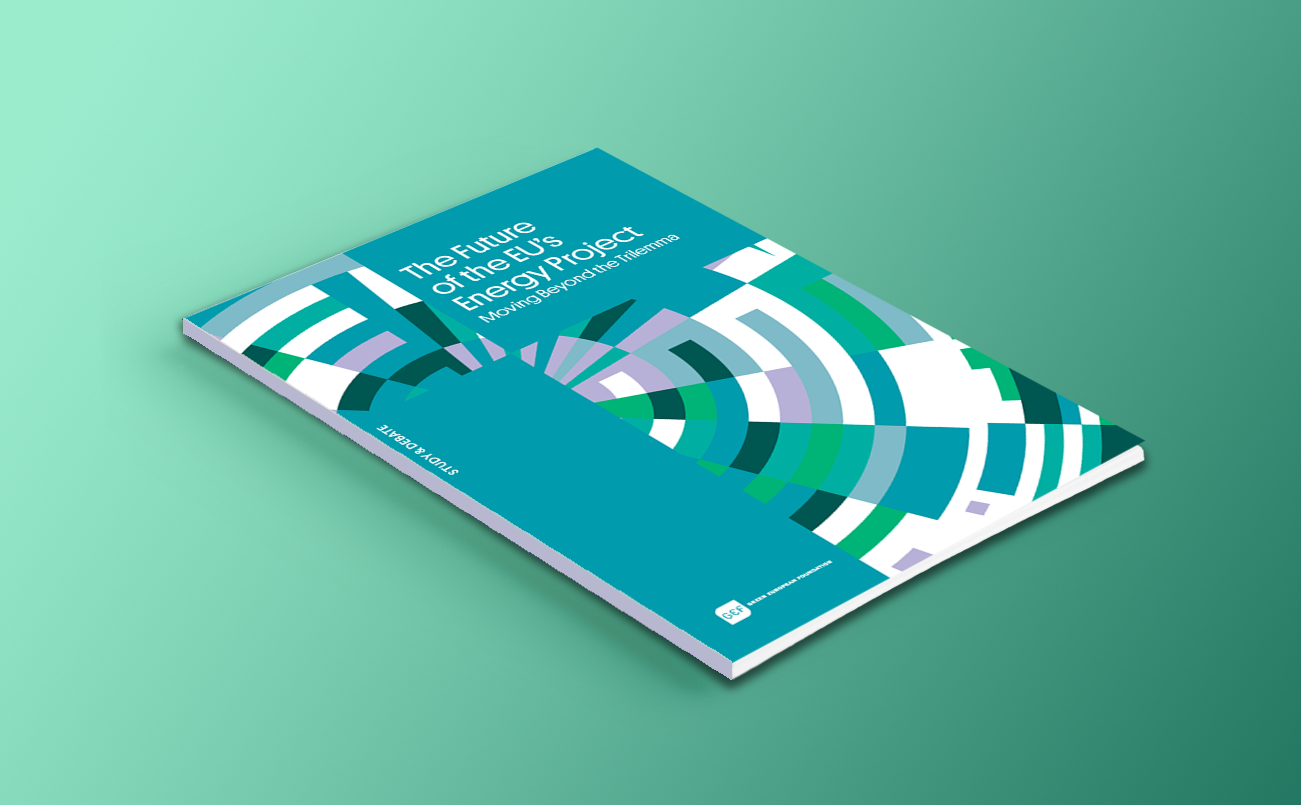
About
The starting point of this publication is that the EU’s economy is ultimately embedded in cultural and social systems, which in turn are sub-systems of the Earth’s biosphere. As Fullerton notes, “the history of economic theory is [therefore] not over with Keynes and Hayek”. Instead, we need to be more critical, more systemic, and more daring. A wellbeing economy addresses this need – it aims at delivering quality of life for people, while pulling our economy back within planetary boundaries.
Adopting a wellbeing-centred approach would enable the EU to tackle social-ecological risks linked to the triple planetary crises, to increase fairness, and to transform towards a quality-focused economic strategy. It can inform a sustainable and transformative policy and investment agenda, that goes beyond crisis-after-crisis response. Learning from the past five years of the COVID-19 pandemic, energy and cost of living crises, and at the start of the new mandate, EU leaders have the opportunity to carve out an offer that truly delivers for their citizens amidst geopolitical turmoil.
Our publication is a call to action for EU policymakers across the political spectrum to make the crucial years ahead count for the wellbeing of current and future generations on our planet. Ultimately, we aim to clarify that a wellbeing economy is not an abstract utopia; it is a strategic response to the lessons of history and the need for long-term security. In a world increasingly defined by great power competition, Europe’s best bet is not to be trapped between rival blocs but to define a distinct path – one that prioritises security and protection in the broadest sense. After all, what is security if not the health of people, the resilience of our environment, the strength of education systems, and the assurance of a safe and stable future?
The publication is the result of a one-year-long exchange within a Knowledge Community of more than 60 experts that aims to map the main challenges and provide recommendations to inspire the European institutions in the delivery of their ambition to work toward the wellbeing of its peoples. It discusses the state of play and problem identification, and develops EU-level reflections, solutions and recommendations for 6 interrelated thematic clusters for a European wellbeing economy.
Contributors
- Emma Bergeling is Junior Policy Analyst, Climate and Circular Economy at the Institute for European Environmental Policy (IEEP),
- Antoine Oger is Executive Director of the Institute for European Environmental Policy (IEEP),
- Taube Van Melkebeke is Head of Policy at the Green European Foundation (GEF). For further information, contact her at taube.vanmelkebeke@gef.eu.
Summary for policymakers
A summary of the publication can be found here: Summary
Published by the Green European Foundation with the collaboration of the Institute for European Environmental Policies, and with the financial support of the European Parliament to the Green European Foundation. The European Parliament is not responsible for the content of this publication. The views expressed in this publication are solely those of the editor and contributors and do not necessarily reflect the views of the European Parliament or the Green European Foundation.



